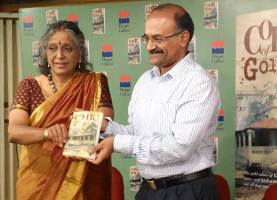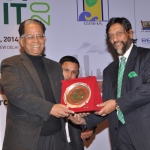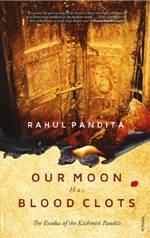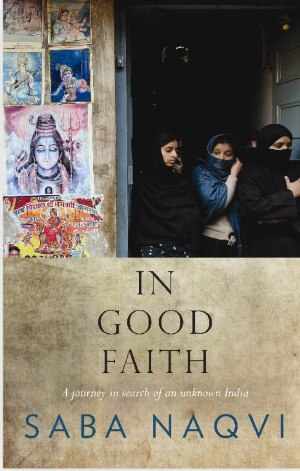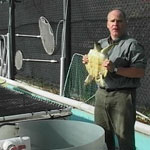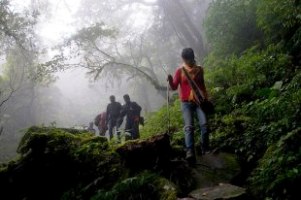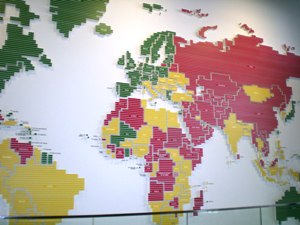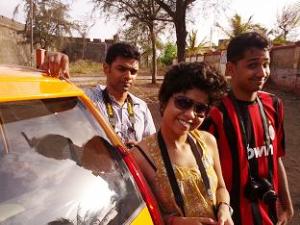“I live in a country where there is no water scarcity. But when you consider imported goods and services, there is this embedded water in products. This makes me conscious of the global responsibility of water use,” says Lisa Munch, Research Fellow at Freie Universitat in Berlin, Germany.
She is on a two month study tour of India. She has come to understand if knowledge on Water Footprint is transferred at the local level and how does it percolate down to the political level. She is affiliated to The Energy and Resources Institute in New Delhi.
She is trying to understand the dynamics of water at a meet called ‘Water and Society’ which is the annual partner’s meet of the International Water Management Institute and Sri Ratan Tata Trust at Anand in Gujarat. The meet was attended by over 200 participants from government, research institutes, civil society and international organizations.
Her alma mater in Germany does a lot of consultancy projects with the Environment ministry. “Germany is one of the first few countries to adopt the resource efficiency strategy,” she says. It’s a narrow concept of resources – abiotic non-energetic resources like minerals and metals which are used as raw materials. The focus is due to Germany’s industrial needs and to increase the efficient use of these resources. The idea behind this strategy is to improve these negative consequences in the source country where these resources are extracted from.
She smiles, “I wanted to be in a country that experiences water scarcity. I decided to be in a typically Indian locality in Delhi’s Govindpuri. There are cows on the roads, dusty cramped roads and street vendors around. People are so curious and look at me.” She enjoys the fact that whenever she takes a shared taxi, someone would invariably stand up and offer her a seat next to a woman. There are times when people stop and click photos with her with their mobile phones. She laughs, “I don’t mind if I pop up in a facebook account as somebody’s friend. Anyway, I go around taking photos of Indian women all the women as they are all so pretty.”
She is trying to understand the water problems in urban Delhi. “I have been told that it can be quite problematic during summers when a tanker comes and provide water in the neighbourhood,” she says. She adds, “In Germany, we drink directly from the tap. Here, I am scared to even brush my teeth with water directly from the tap. Here, I realise it’s a luxury to have good quality water.”
She is happy that she found a room which has a Western toilet. “I can go to an Indian toilet but I need toilet paper. I really can’t imagine how it works without paper. I now realise that having good quality water is such a luxury.”
She knows that water and sanitation are big issues in India. She had recently read a report in a German newspaper which described the sanitation situation in schools in India. “I read how kids drop out because of the lack of a toilet and water scarcity,” she says. I want to understand what kind of problems do Indians face in terms of issues of water and sanitation.
Lisa is very happy in India. “India is so colourful. Its like an explosion. Its also so religious. Its amazing how religion play such an important part in their life. They sell flowers and there is so much singing and clapping. I even brought three packets of ear plugs which I use when it’s too noisy.”
She is busy unravelling the stories of water in India. The Kurien Colloquium held as part of the meet discussed a new initiative named "Small Farmer, Prosperous Farmer".She says, “I want to know how knowledge on water transformed at the local level. How are farmers taught to change crop patterns?”








